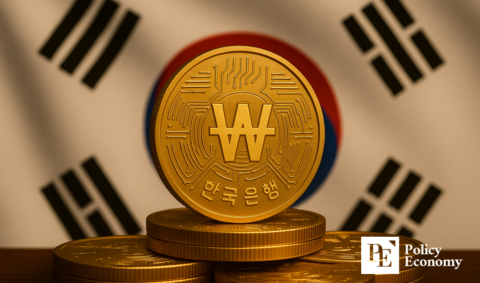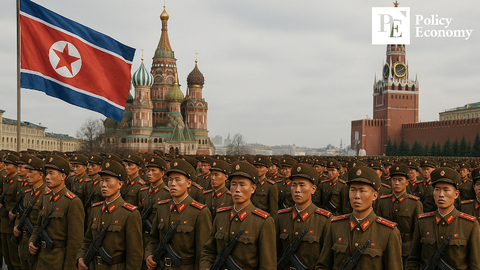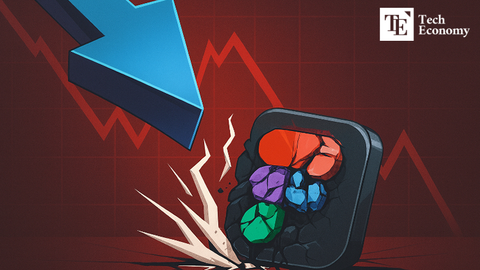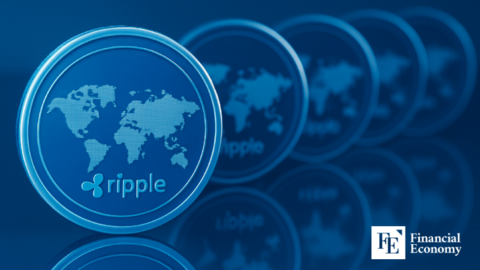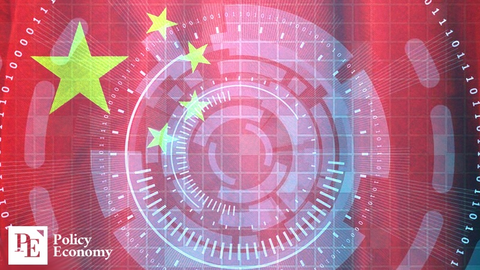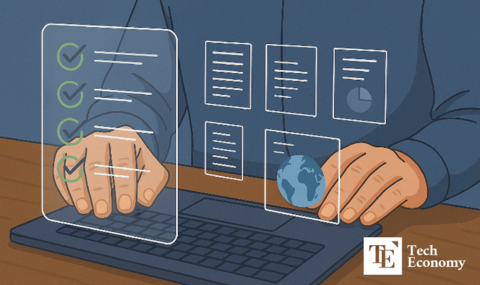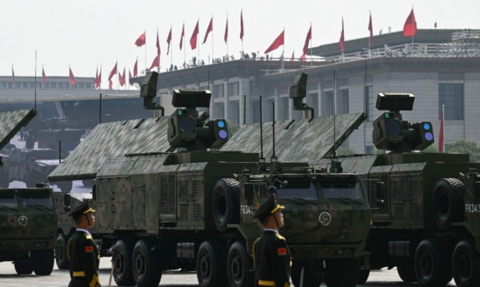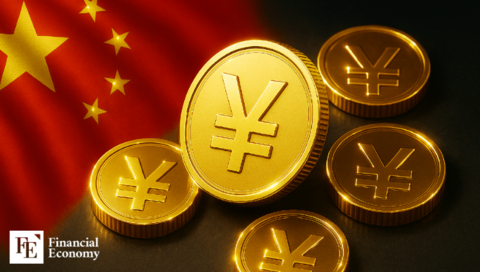EU's Fresh Financial Aid to Ukraine, A New Shift in Global Power Dynamics
Input
Changed
The EU's Changing Role in Ukraine Europe's Complicated Relationship with Trump and Putin The New World Order
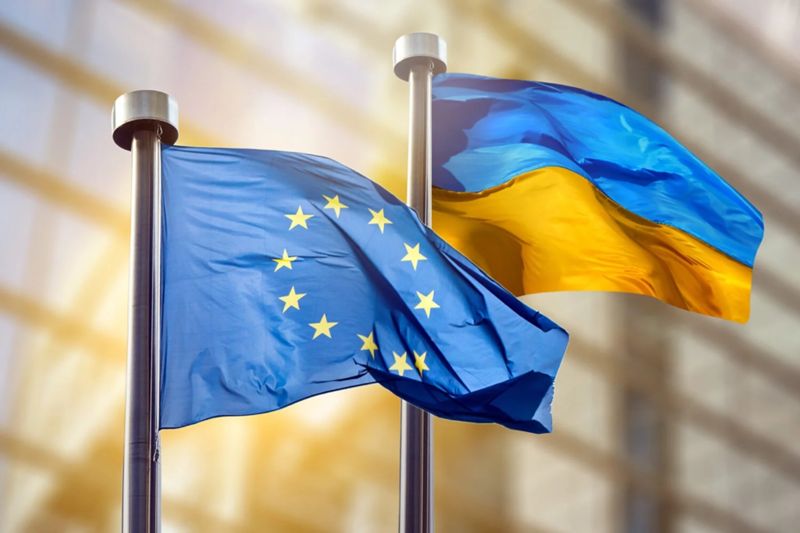
The EU's Changing Role in Ukraine
Ursula von der Leyen, the President of the European Commission, made a historic visit to Kyiv on February 24, 2025, during which she disclosed a substantial financial commitment from the European Union to Ukraine. von der Leyen's visit underscores the EU's strengthened resolve to support Ukraine's ongoing battle against Russia's aggression, as evidenced by the pledge of €3.5 billion in fresh financial aid. However, the timing and scope of this package raise a number of intriguing questions regarding the European Union's position in the global geopolitical landscape, particularly in light of the escalating tensions between the United States and Russia and the growing pressure on European leaders to play a more significant role in determining the outcome of the Ukrainian war.
The €3.5 billion financial aid package, which will be disbursed in March 2025, is not only a strategic move to strengthen EU-Ukraine ties but also a demonstration of European solidarity with Ukraine. Although this decision conveys Europe's unwavering opposition to Russian aggression, it also conveys a message to Washington and Moscow: Europe is no longer satisfied with merely participating in global diplomacy as a spectator. However, does this new development reflect Europe's own ambition to assert itself on the global stage, or does it suggest an uncomfortable reality in which the EU is being compelled to assume a role that some may argue it has not yet completely embraced?
The EU's ongoing dedication to Ukraine's defense endeavors is underscored by Ursula von der Leyen's presence in Kyiv, where she has pledged €3.5 billion in additional financial assistance. Ukraine's military and economic requirements have become increasingly urgent as the conflict with Russia continues for an additional year. In addition to addressing Ukraine's broader economic challenges as it navigates the conflict and its aftermath, the EU's financial aid is anticipated to provide critical resources to support the country's armed forces.
Von der Leyen underscored that the disbursement of €3.5 billion in aid is not solely intended to provide Ukraine with military resources. The EU's commitment is also intended to strengthen the relationship between Ukraine and the EU, thereby further integrating the country into the European political and economic sphere. The objective of this long-term investment in Ukraine's future is to ensure the security of Europe as a whole, in addition to the sovereignty of the country.
Nevertheless, von der Leyen's visit occurs at a moment when European leaders are compelled to evaluate the more extensive geopolitical ramifications of their decisions. The EU is sending a strong signal to Russia that Europe is unwavering in its support for Ukraine by pledging this considerable financial aid. However, this financial package also exerts pressure on Moscow, which has been attempting to create a rift between the EU and Ukraine and to divide European powers.
The €3.5 billion will unquestionably assist Ukraine in maintaining its resistance against Russia. However, it may also be used as a tactical device to restrict Russian influence and prevent Moscow from directly engaging with the United States and its allies in peace negotiations. Europe is indicating its intention to play a central role in the crisis resolution process through this financing, despite President Donald Trump's stated intention to restrict U.S. involvement and allow European nations to bear the majority of the financial burden.
The EU's financial commitment to Ukraine is timely in light of the current state of the global political landscape. For years, Europe has been ensnared between the United States and Russia, frequently being overlooked in critical diplomatic negotiations. The United States' isolationist posture under former President Trump resulted in Europe being left to address the consequences of Russia's aggression. Trump's apparent ambivalence toward Russian President Vladimir Putin, coupled with his emphasis on encouraging European nations to bear the financial burden of the conflict in Ukraine, has left Europe with little alternative but to assume responsibility.
In reality, Trump's own strategy for addressing the Ukraine crisis implies that the United States would anticipate that the European Union would be responsible for the financial burden of supporting Ukraine, which could reach $3 trillion over the course of several years. This demand has demonstrated that Trump regards the conflict in Ukraine as a European issue, rather than one that affects the United States. The recent €3.5 billion commitment from von der Leyen's European Commission indicates that Europe has reluctantly accepted this burden. However, it also underscores the increasing tension between Europe's reluctance to assume the full weight of the conflict and its desire to assert its leadership in global affairs.
The question for Europe is whether this is a transitory response to an urgent crisis or the beginning of a more permanent shift in how the EU positions itself in global power dynamics. Europe is confronted with the possibility of becoming the central actor in the ongoing negotiations with Russia, all while considering its economic interests and security concerns, as the U.S. appears to be retreating from its position as the dominant force in European security.
Additionally, the EU has consented to implement further sanctions against Russia, which has resulted in an increase in tensions between the two nations. These sanctions, in conjunction with the financial assistance provided to Ukraine, indicate that Europe is establishing itself as a primary actor in the conflict, refusing to remain mute in the face of Russian aggression.
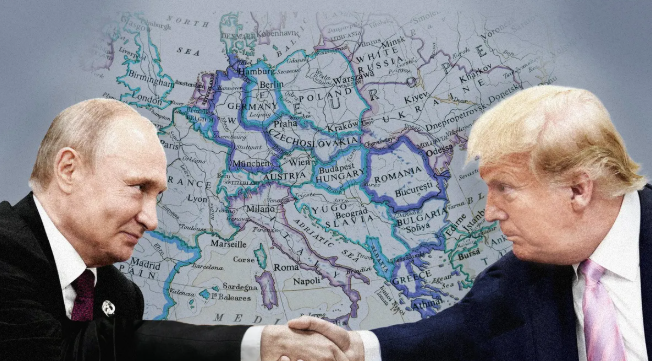
Europe's Complicated Relationship with Trump and Putin
The €3.5 billion aid package's intersection with the broader power dynamics between the U.S., Russia, and the European Union is one of the most compelling aspects. The Ukraine conflict has been a central concern for Trump; however, he has not been enthusiastic about providing financial support. He has issued numerous calls for European nations to assume a more significant role in crisis management. The EU's financial assistance package could be interpreted as Europe's hesitant response to Trump's request, as it is a means of assuming the financial burden while simultaneously maintaining their stance against Russian aggression.
However, the question remains, does this bundle have sufficient scope? Trump's administration has been distinguished by a transactional approach to international relations, and it is probable that he will persist in his efforts to compel Europe to assume a greater share of the financial burden. However, the EU's commitment of €3.5 billion is not insignificant and indicates a willingness to make a substantial contribution to the Ukrainian cause. Although this action is expected to elicit criticism from Trump, it also emphasizes the EU's commitment to actively intervening in the future of Europe's security.
This financial assistance could be perceived as a direct challenge to Russia's efforts to weaken the collective response to the ongoing conflict and divide Europe from Putin's perspective. The EU's actions are conveying a clear message to Moscow: Russia is unable to maintain its dominance over European security by driving a wedge between European nations or relying on a diminished U.S.
Ironically, this €3.5 billion aid package may be consistent with Trump's long-term objectives. Although he has been hesitant to contribute to the conflict in Ukraine, he has succeeded in persuading Europe to assume responsibility for the financial burden. Trump's strategy has consistently been to reduce U.S. involvement in foreign conflicts, and it is possible that his approach is being realized in this instance.
Nevertheless, it is crucial to acknowledge that, despite the fact that Europe is bearing a significant portion of the financial burden, Trump and Putin may both be losing control of the peace negotiations.. Europe has established itself as a critical actor in the conflict's outcome by increasing its involvement in supporting Ukraine. Particularly if Europe persists in asserting its influence in the diplomatic process, this could potentially undermine Trump and Putin's capacity to dictate the terms of a potential peace agreement.
The financial aid package from Europe represents a change in the conventional dynamics of peace negotiations for both Trump and Putin. Currently, Europe is the primary source of the resources and support that Ukraine requires to sustain its resistance, rather than the U.S. or Russia. This reality may necessitate that Trump and Putin reconcile with a new balance of power in the peace process, in which Europe is a more assertive and active participant.
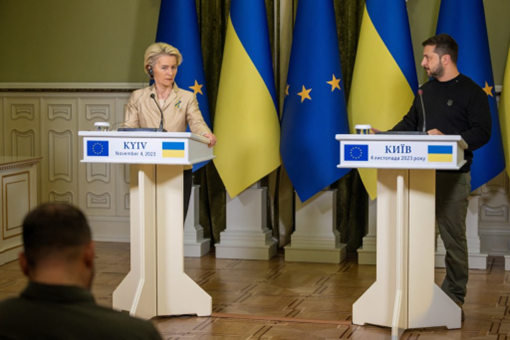
The New World Order
Europe is becoming more inclined to assume a leadership position in global diplomacy and step into the spotlight, as evidenced by Ursula von der Leyen's €3.5 billion aid package. The world is being sent a clear message by the EU's actions, which are not content to remain a passive spectator in the war in Ukraine or in broader discussions about the future of global security. Whether this signals the beginning of a permanent shift in Europe's geopolitical ambitions remains to be seen.
Concurrently, the relationship between the EU, Trump, and Putin continues to be a precarious equilibrium. Although Europe is taking action to assist Ukraine, the world will continue to observe the broader implications of this change in power dynamics as it determines whether Europe's actions are sufficient to establish peace in Ukraine and whether the U.S. and Russia can maintain their leadership roles in these discussions or if they have lost their influence.
Europe is expected to write the next chapter in the global geopolitical narrative. It is uncertain whether Trump and Putin will acknowledge this new reality; however, it is evident that Europe is no longer content to remain passive. Europe's resolve to influence the outcome of the conflict in Ukraine and beyond is underscored by the €3.5 billion aid package, which serves as a forceful declaration of intent. As Europe advances, it may not only redefine Ukraine's future but also establish itself as a central player in the changing global order.

